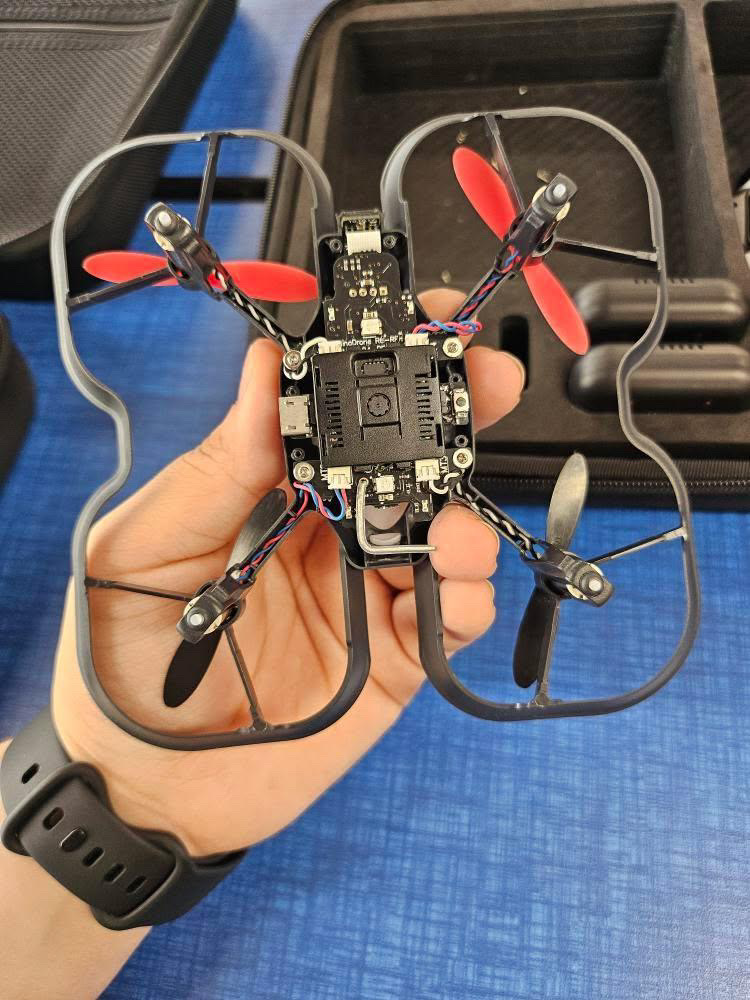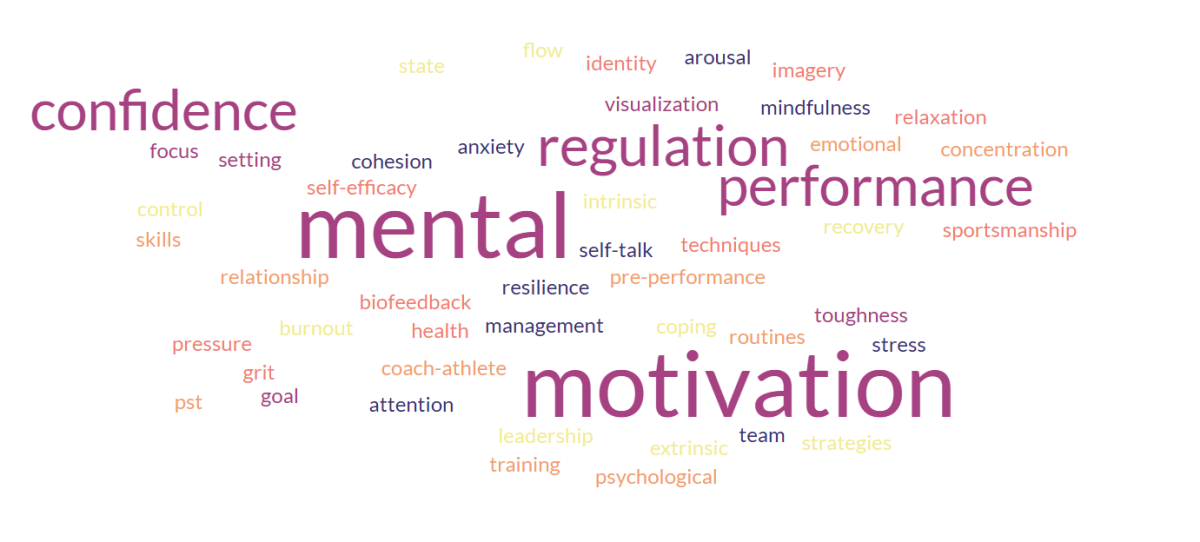As they balance their studies, extracurricular activities, and personal obligations, many students experience extreme strain during exam season. Students employ a range of stress reduction strategies, such as time management, mindfulness, and reaching out for social support, to cope.
Despite the difficulties, these techniques enable them to maintain equilibrium and give their best effort.
Causes of Exam Stress
Exams often bring a high level of pressure that can overwhelm many students. The fear of failing, tight deadlines, and balancing schoolwork with other responsibilities are some of the biggest contributors to this stress.
One common worry is cramming at the last minute, which can lead to lower grades and a drop in GPA. Since exams play a major role in final grades, failing can result in having to attend summer school or retake courses, adding to the pressure. This stress can also cause physical symptoms like headaches and nausea, intensified by expectations from teachers, family, and friends, as well as the challenge of managing study time alongside other commitments.
How are students coping?
Many students are coping with exam stress by increasing their caffeine intake often drinking excessive amounts of coffee or energy drinks and pulling all-nighters. Others fall into procrastination, avoiding studying altogether out of fear and overwhelm. Both habits can lead to unhealthy physical and emotional consequences.
Sumaya Ahmed, a student at Queens College majoring in Business, shares her method of coping during finals week.
“I take three energy drinks and pull an all-nighter before an exam because I’m so scared of failing,” Ahmed said.
Tanzina Rahman, a senior in high school, expresses how overwhelmed she’s been with recent finals and Regents exams.
“I haven’t been able to sleep. I can’t manage so many classes and school work and studying for tests. It’s so much to handle,” Rahman said.
Students under academic pressure are relying on unhealthy levels of caffeine and sacrificing sleep, which can negatively affect both their physical health and academic performance. Without healthier coping strategies, the cycle of stress can become even harder to break.
Healthy ways of coping
Muthma Karin, a student at Vaughn College of Aeronautics and Technology who also takes flight lessons, shares her method of coping during pilot exams.
“It can be scary being so high up in the sky, but I realized that this is not the time to be nervous,” Karin explained. “Simply taking a few deep breaths can improve your confidence level.”
Flying a plane is a risky and challenging task especially during an exam so Karin emphasizes the importance of healthy coping mechanisms, such as breathing exercises to calm the nervous system and maintain focus.
“I try to make time to study at least one hour a day so I don’t feel the need to pull an all-nighter and take multiple energy drinks,” Ahmed said. “This helps me understand the material better.”
Ahmed realized that consistent studying throughout the week before an exam is more effective than cramming the night before. This strategy allows her to get enough sleep and remain focused during the test.
These students show that using healthy habits whether it’s calming your nerves in the cockpit or planning ahead academically can greatly improve performance and reduce stress.
The Role of Support Systems
Oftentimes, students face immense pressure from family members and teachers to perform well on exams. This pressure is one of the biggest contributors to high stress levels. While some students thrive under pressure, others may experience anxiety, burnout, or even a decline in academic performance.
In these situations, having a strong support system can make a significant difference. Encouragement from friends and family can boost a student’s confidence and positively impact their academic success.
Karin, an aspiring pilot, finds strength in the support she receives from those around her.
“I have both of my parents and my friends supporting me through my ups and downs even through all my failures and this keeps me motivated and less stressed,” Karin said.
She explains that no matter the challenges she faces, she remains determined and focused on her goals because of the people who uplift her and believe in her potential.
Similarly, Rahman is finding new ways to cope with academic stress by improving her time management skills. She has started scheduling tasks and setting specific times to complete assignments and prepare for exams, which helps her feel more in control and less overwhelmed.
“I am utilizing my Google Calendar and making time blocks for my day so I can dedicate certain times of my day to certain activities,” Rahman said.
By building strong support systems and adopting better organizational strategies, students like Karin and Rahman are finding healthier, more sustainable ways to navigate the pressures of academic life.
A Path Toward Academic Wellness
With mounting academic pressure, students are learning that conquering exam stress requires more than cramming at the eleventh hour or excessive consumption of coffee. While risky behaviors might bring some short term relief, they establish long-term issues.
Students who embrace time management, mindfulness, and support from their loved ones are best placed to stay sharp, motivated, and mentally well. From breathing briefly before a flight test to conserving time in a calendar, these small but potent techniques can have a long-lasting impact. Taking care of mental well being and building strong support structures, students are not just preparing for exams they’re preparing for life.

































